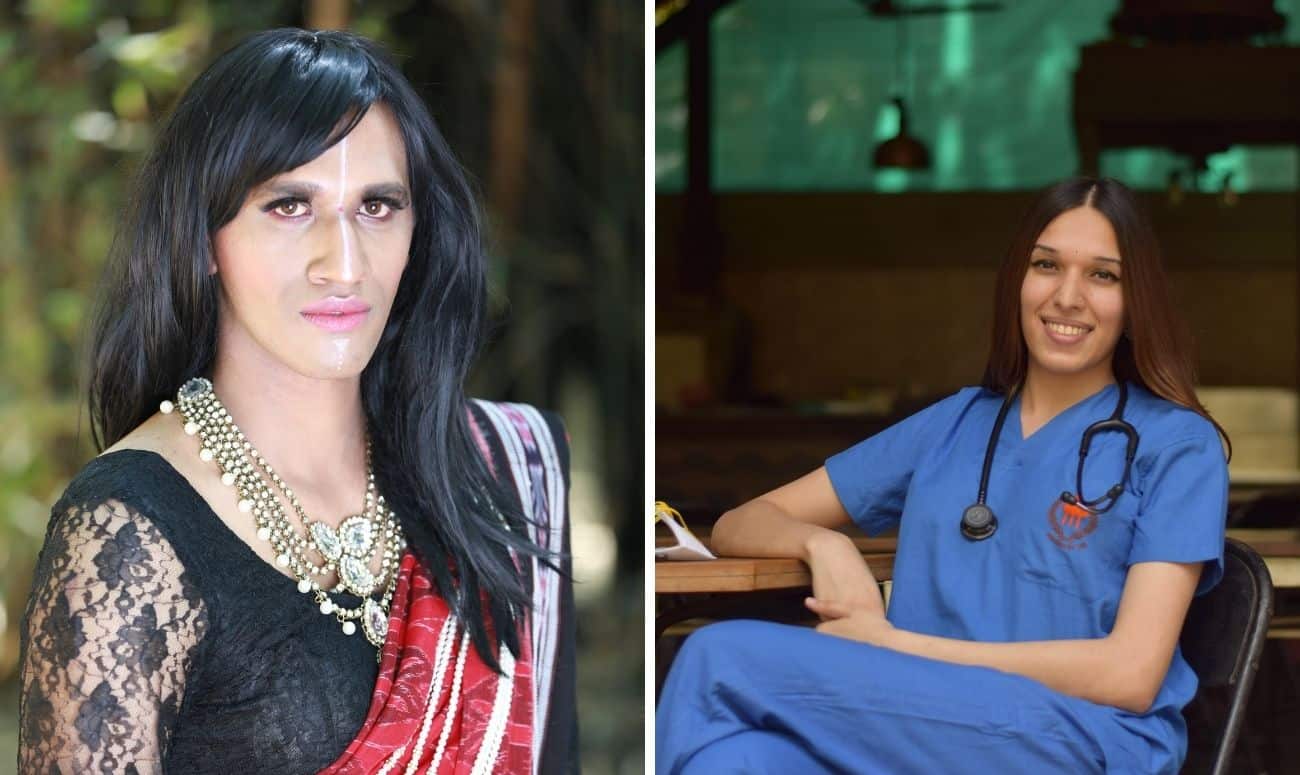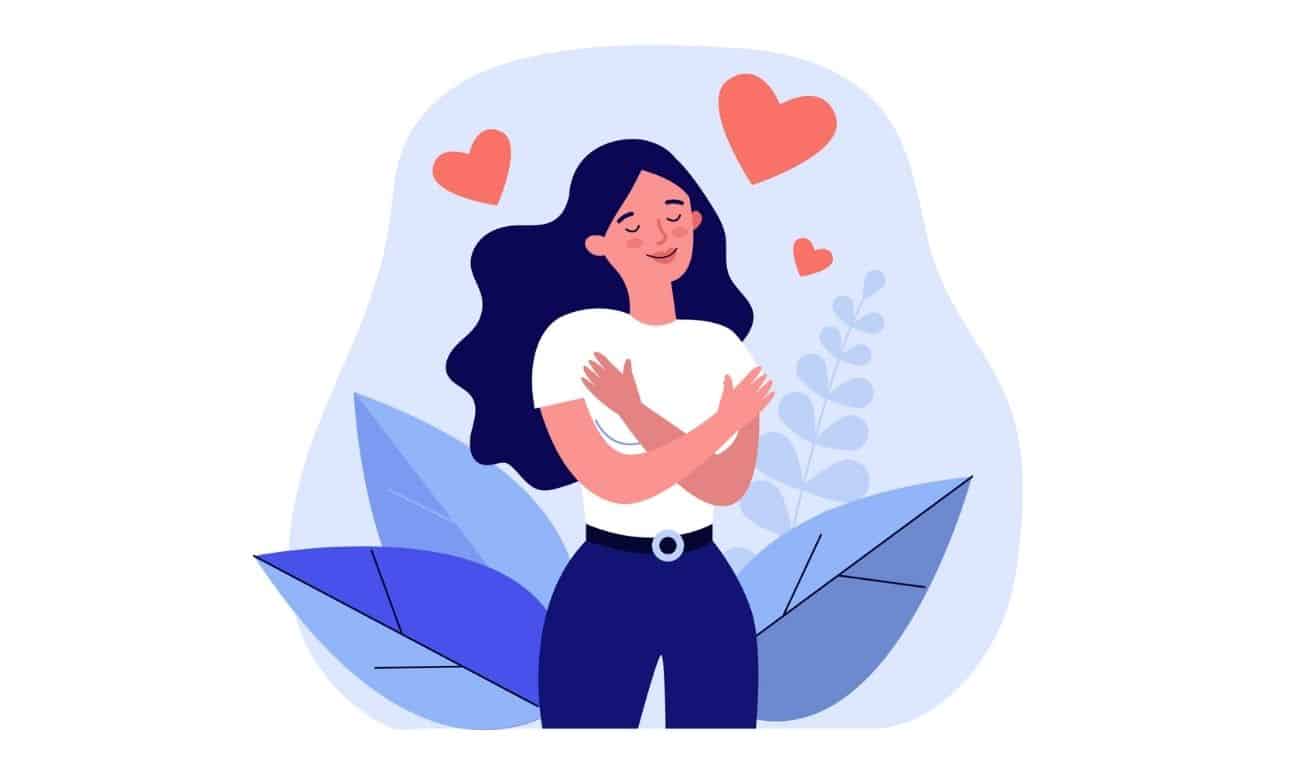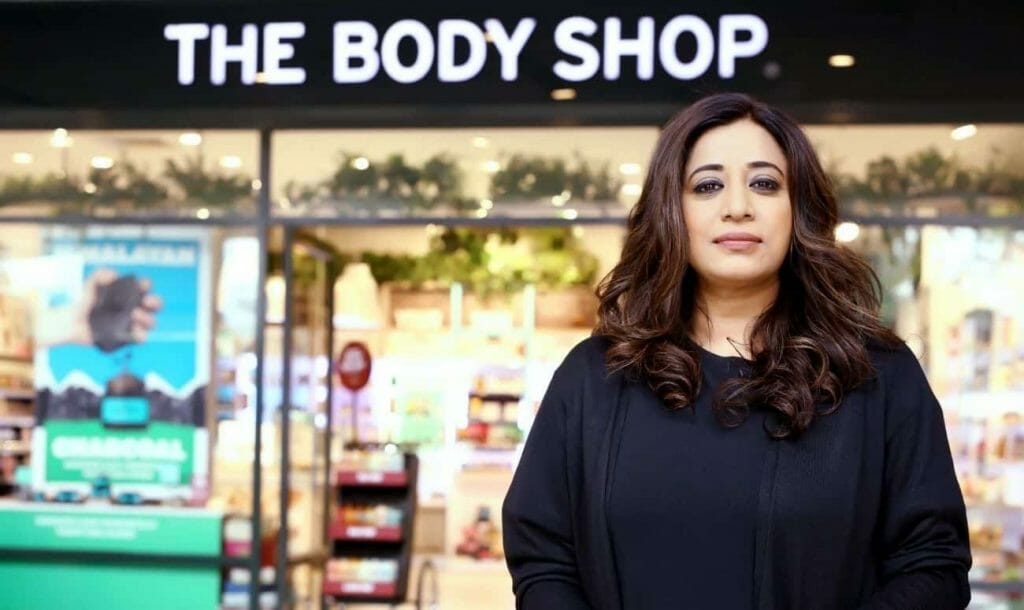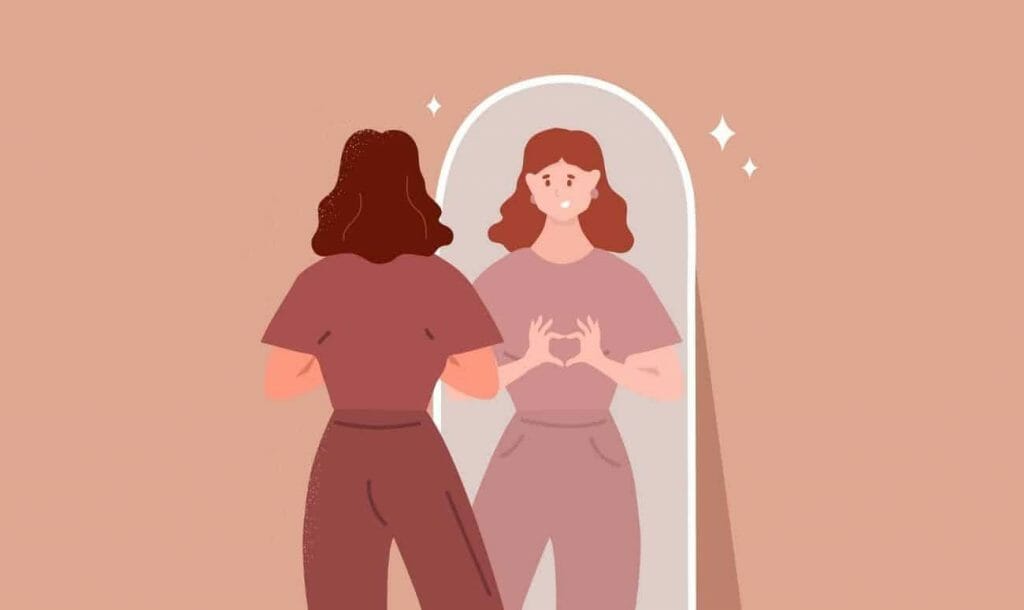Recently self-love has been a burning topic across the globe. What is self-love? Self-love is much more than just accepting yourself for who you are and giving yourself the love you deserve. It is established by knowing and understanding your self-worth, prioritising your wellbeing and happiness, and re-establishing your faith in yourself.
Dr Trinetra Haldar Gummaraju said, “Before self-love comes self-acceptance. It could mean coming to terms with your queerness. It could mean allowing oneself to be loved by someone, just as one is. One has to start somewhere, and I strongly believe everyone has that inherent ability, no matter how hard to access.”

When it comes to women, self-love becomes more difficult to define and express. Women are constantly reminded of society’s expectations from them. There’s always some comparison or a hurdle to cross, and while keeping up with all this, they often forget to prioritise themselves.
This women’s day, The Body Shop launched a Global Self-love Index, a one of a kind research along with activist Jameela Jamil. In this report they identified a self-love crisis among women across the world. More than 60 percent women wish that they had more respect for themselves.

What are the major findings of The Body Shop Global Self-love Index?
This index measured all aspects of self-love including, physical, mental and emotional wellbeing and their sense of self-worth. The study discovered that factors such as age, country, sexual orientation, and the lifestyle all have a major impact on one’s self-love.
These are some of the key findings of the research – The top three influential factors for high level of confidence, and hence self-love is their relationship with their family (36%), their ability to take on new challenges (26%), and their mental wellbeing (25%). On the other hand, the low level of confidence was caused because of their financial status (26%), the thought of ‘What other’s think of me’ (23%), the political and economic factors (22%.)

People in India have a Self-Love Index score of 52, 1 point below the global average score (53). Self-Love increases somewhat with age in India. Those under 35 are more likely to be in the lowest 25% of the self-love scores. People who are single have lower Self-Love, with an average score of 49.
People from minority groups are more likely to have a low self-love score, with an index of 46 compared to 54 among those not in minority groups. 54 percent of those with disabilities are in the lowest 25percent of self-love scores.
Economic status impacts self-love with 40 percent of those who are not financially comfortable in the lowest 25 percent of self-love scores, both with a self-love index score of 46. Those who have been educated to a higher level had a more self-love, with those educated to degree level scoring 53, compared to 47 among those who did not go to university.

The connection we see globally between social media usage and self-love scores in which the greater the use of social media, the lower the self-love score is likely to be, is not in evidence in India. There is no significant difference in self-love scores between those who use social media for more than two hours a day and those who use it less.
Jameela Jamil, International Brand Ambassador of Self Love Campaign said, “I see the lack of self-love as an emotional pandemic, and one which is sadly hitting younger generations the most. Self-love is an inside job, so let’s all take just one positive action towards loving ourselves. As a woman, being proud of yourself and believing you are ‘enough’ as you are, is an act of social and political resistance.”
What is your self-love quotient?
Read more: 5 Lessons That We Absolutely Love From Marie Forleo’s Everything Is Figuroutable
Like & Follow ThinkRight.me on Facebook, Instagram, and Telegram to stay connected.






























